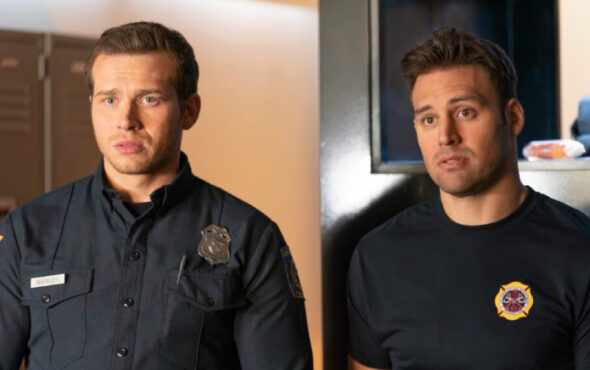
If you’re not aware of it by now, there’s a notorious trope in popular culture (mostly television) called ‘Bury Your Gays.’ It’s basically how it sounds and it dwindles down to one thing in particular: queer characters suffering. Throughout television history, the community has – for some reason – been subjected to more death and torment than their straight counterparts, and most of the time it’s for no reason whatsoever. Yes, authentic representation has come a long way in recent years thanks to the increase in queer writers taking the reigns and telling queer stories (what a concept!), but of course, there’s still a long way to go until the ‘Bury Your Gays’ trope is dead and, well, buried. Check out our list below of LGBTQ+ characters who deserved much, much better. Make sure you have some tissues or a hanky, whatever, because some of these deaths are hard to revisit. (Also, this list isn’t comprehensive and it will be updated from time to time, please let us know which unfortunate fictional queer souls deserve to be here too).
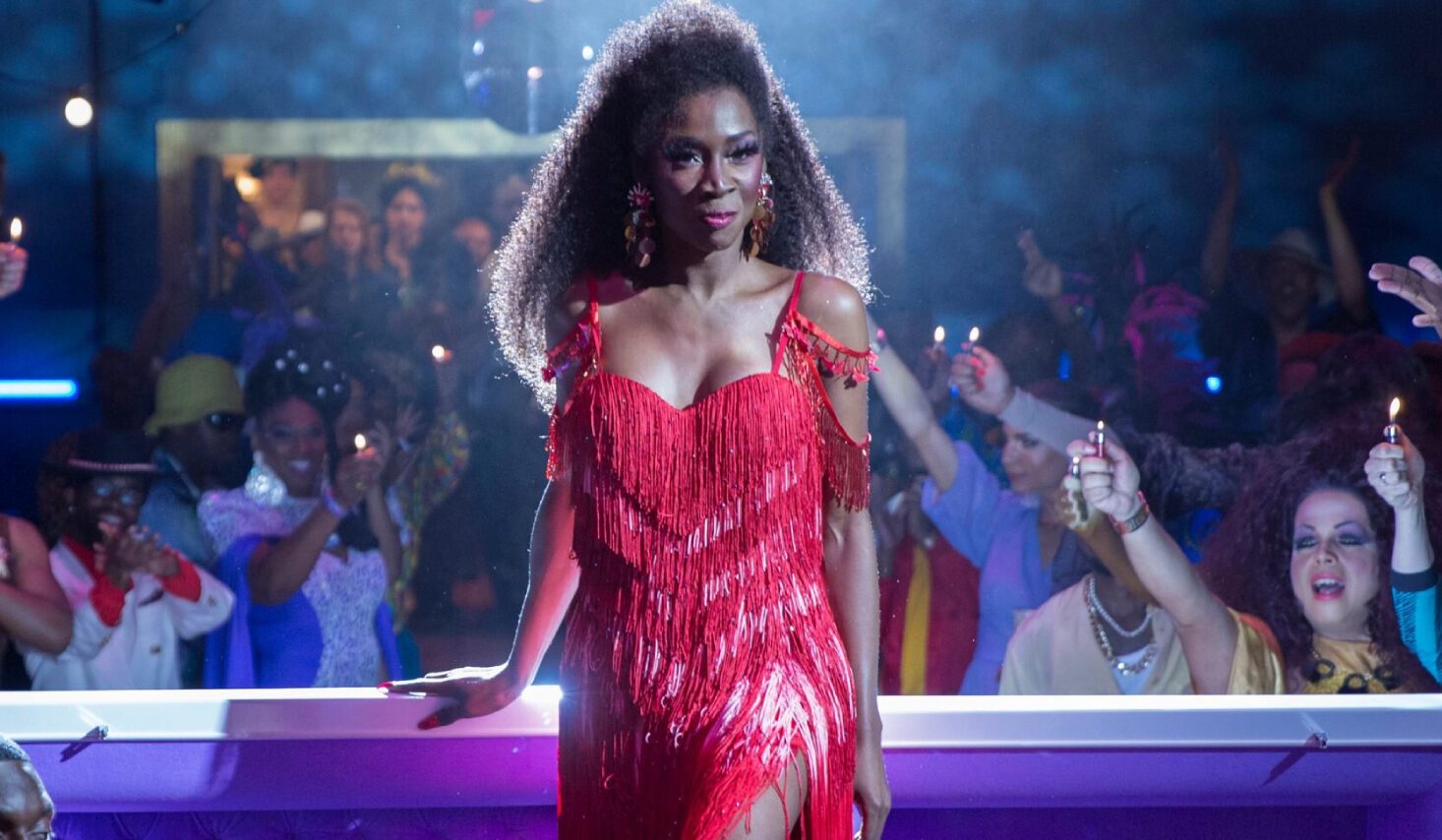
Candy Ferocity (Pose)
In what will be remembered as one of the most heartbreaking hours of television ever produced, season two episode four of Pose found Candy (Angelica Ross) cruelly and brutally murdered in a motel room. At her funeral, the spirit of Candy returned to speak with those she had left behind, including Billy Porter’s Pray Tell, Indya Moore’s Angel Evangelista, and her parents who she had had a fractious relationship with regarding her transition. It ended with Candy finding peace in the ballroom up in the clouds, lip-syncing the house down to Never Knew Love Like This Before. For those watching at home, there wasn’t a dry eye in the land. Look, we understand why creator Ryan Murphy chose to include this storyline, to reflect the harrowing statistics of trans women – particularly Black trans women – and their murders in the United States. But, it still hurts. Thanks to Ross’ electric performance, Candy became one of Pose’s most beloved characters and, like her Ballroom sisters, deserved the happiest of endings.
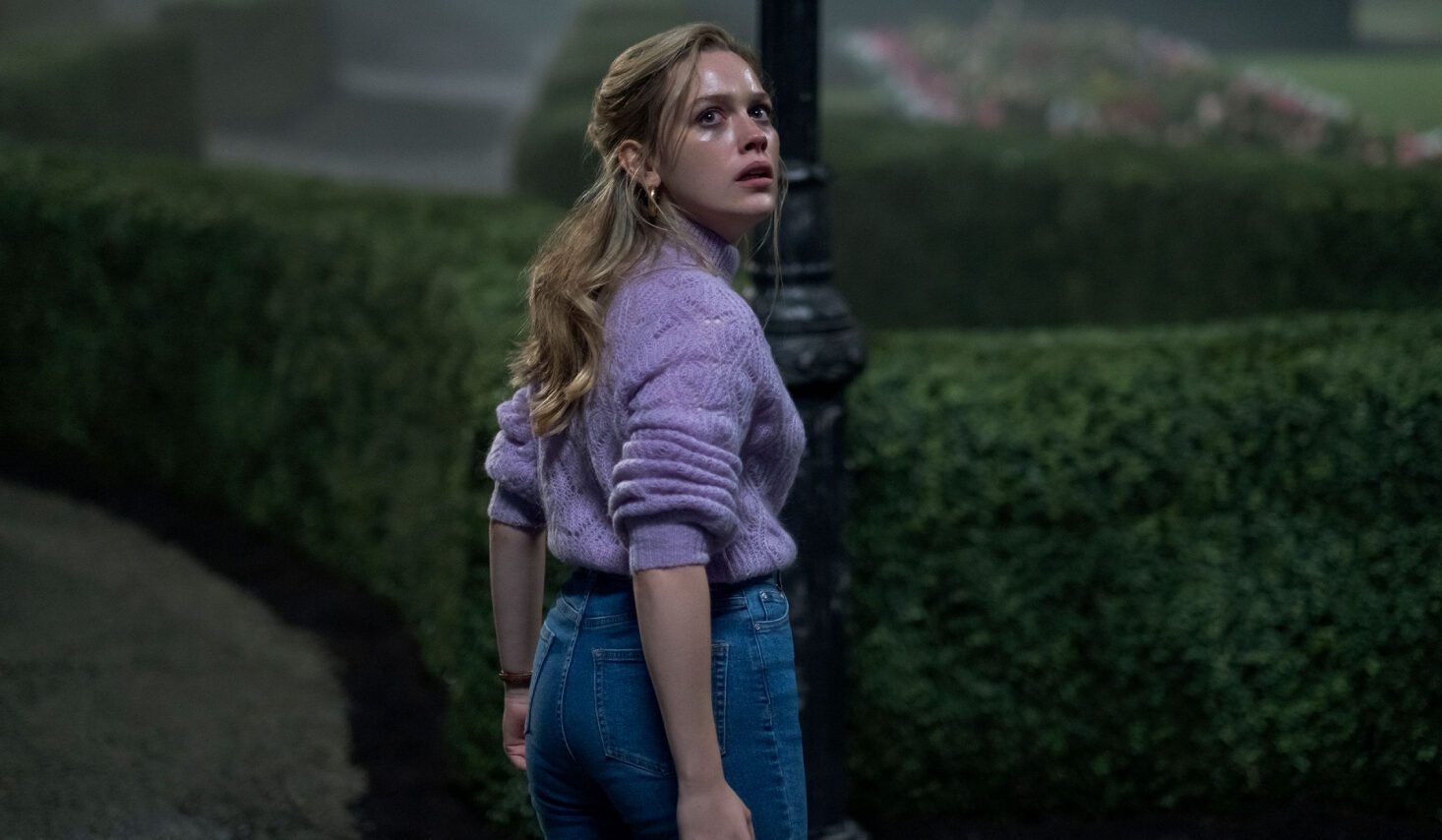
Dani (The Haunting of Bly Manor)
Anyone else unable to listen to Sheryl Crow’s I Shall Believe without spontaneously combusting into tears? For the second instalment in Mike Flanagan’s Haunting franchise, Victoria Pedretti stars as Dani, a young au-pair hired to look after two children in an eerie country house. Upon her arrival, she begins to see hostile apparitions that insist on – spoiler alert!!! – haunting the premises. Although Bly Manor is as spine-chillingly scary as its predecessor, Hill House, the series is, at its core, a love story. As the miniseries progresses, Dani falls in love with Jamie (Amelia Eve), Bly Manor’s dry-witted gardener, which was met with widespread acclaim from critics and viewers thanks to the complete lack of homophobia in the storyline. (The series was set in the 80s, so homophobia was expected.) Sadly, their relationship comes to a tragic end when, after five years of living in harmony, Dani returns to Bly Manor and drowns herself in the lake to prevent Viola (the ghoul) from hurting Jamie. After all Jamie had gone through in the series – recovering from her ex, looking after those painfully irritating kids and being preyed upon by Viola – did she really deserve to go out this way?
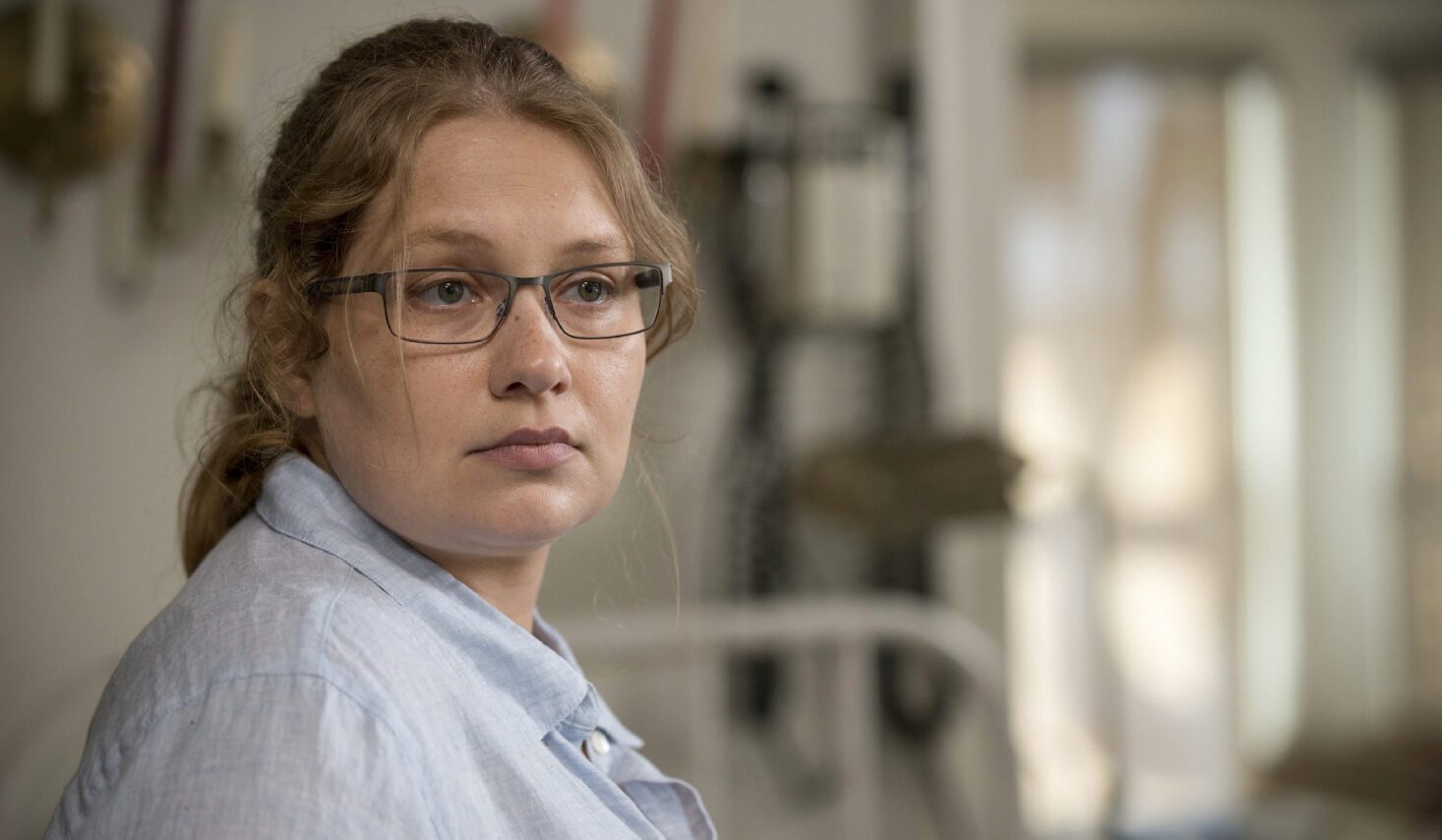
Denise Cloyd (The Walking Dead)
We will never forgive whoever sits in that goddamn Walking Dead writers room for what they did to Denise. NEVER! One of the most kind-hearted characters in all 11 seasons of the zombie drama, Denise (Merritt Weaver) – a doctor for the Alexandria Safe-Zone – was murdered mid-conversation by Saviours member Dwight, whose attempt at killing Daryl resulted in him misfiring and shooting Denise through her right eye with a crossbow bolt. Seriously, why? This didn’t need to happen, at all. Like a majority of characters in the list, the writers’ treatment of Denise received overwhelmingly negative reviews online, particularly because her blossoming relationship with Tara (Alanna Masterson) provided us with a bit of purity. We get it, it’s a zombie apocalypse and people’s throats are gonna be torn to shreds while others will have stray arrows fired into their eyes, but Denise’s death felt cruel. Ratings have plummeted in recent years, so… justice?
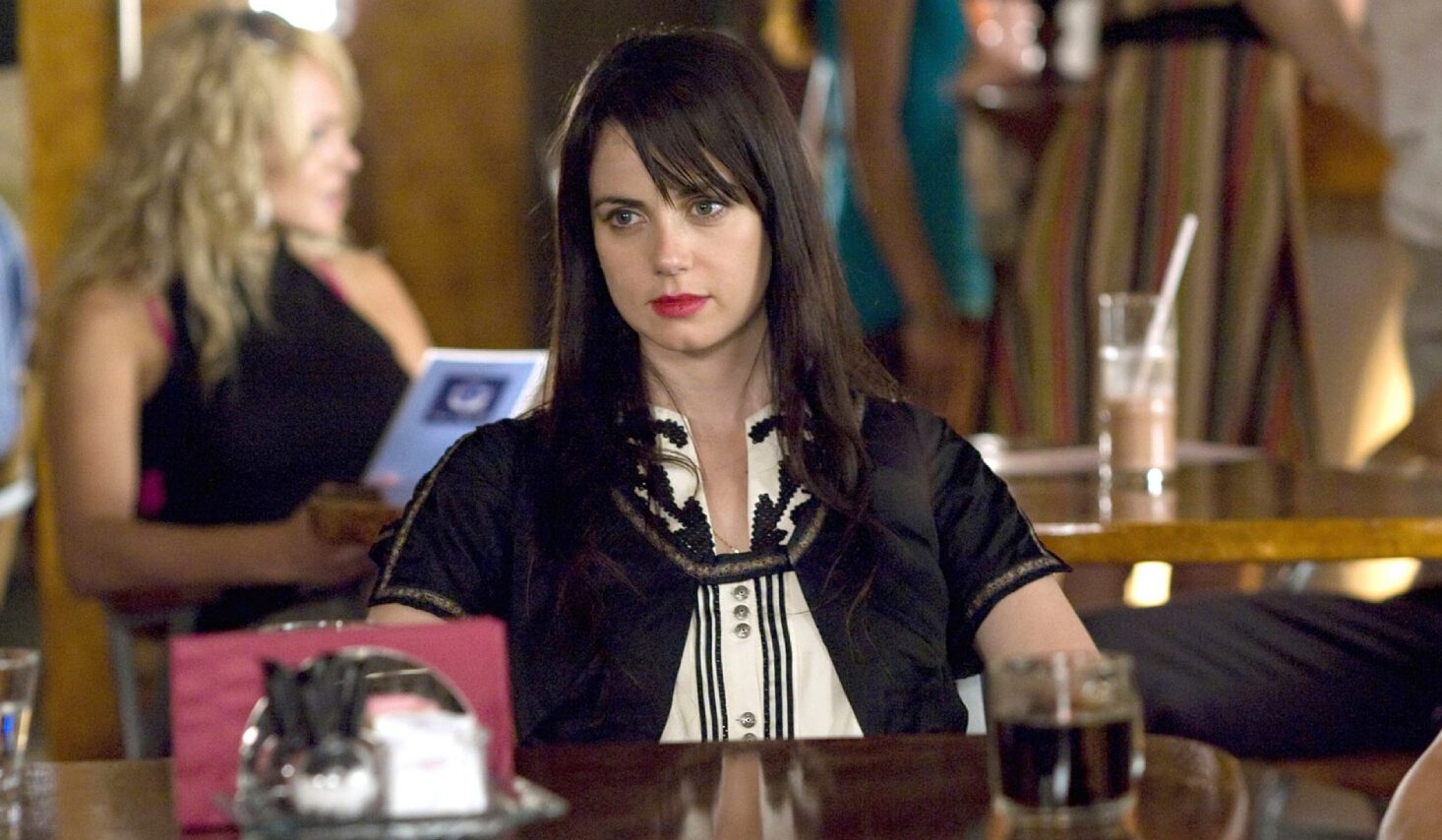
Jenny Schecter (The L Word)
Look, by including Jenny Schecter in this list, we’re not hailing her as some kind of saint. Truth is, she was as evil and narcissistic as they come. However – you saw that coming, didn’t ya? – Jenny (Mia Kirshner) was one of the most important characters in the original run of The L Word, and her antagonistic nature was one of the main reasons for tuning in. What’s a television drama without a bit of conflict, right? RIGHT?! It would’ve been all rainbows and shit without her. In the 2009 finale, Kirschner’s iconic villain was found dead in Bette and Tina’s pool. Fine. One of the others characters snapping and killing her felt… Well, it wasn’t shocking and it seemed like a fitting end to her arc. When the series came back for Generation Q, however, it was revealed that Jenny “died by suicide” ten years prior. The reveal was met with widespread backlash from fans, who felt it was a disservice to the character. Kirshner agreed too, telling fans on Twitter: “Nope. Jenny is not dead. That’s not the story that needs to be told about a survivor of sexual violence. It’s not a story that can be wrapped up and tied up with a bow. So no, she is not dead.” The star, who previously spoke about her history with sexual harassment, added: “I heard about her “suicide” today and feel sick that this is how they dismiss the story about a survivor of sexual assault. So no. She’s not dead.”
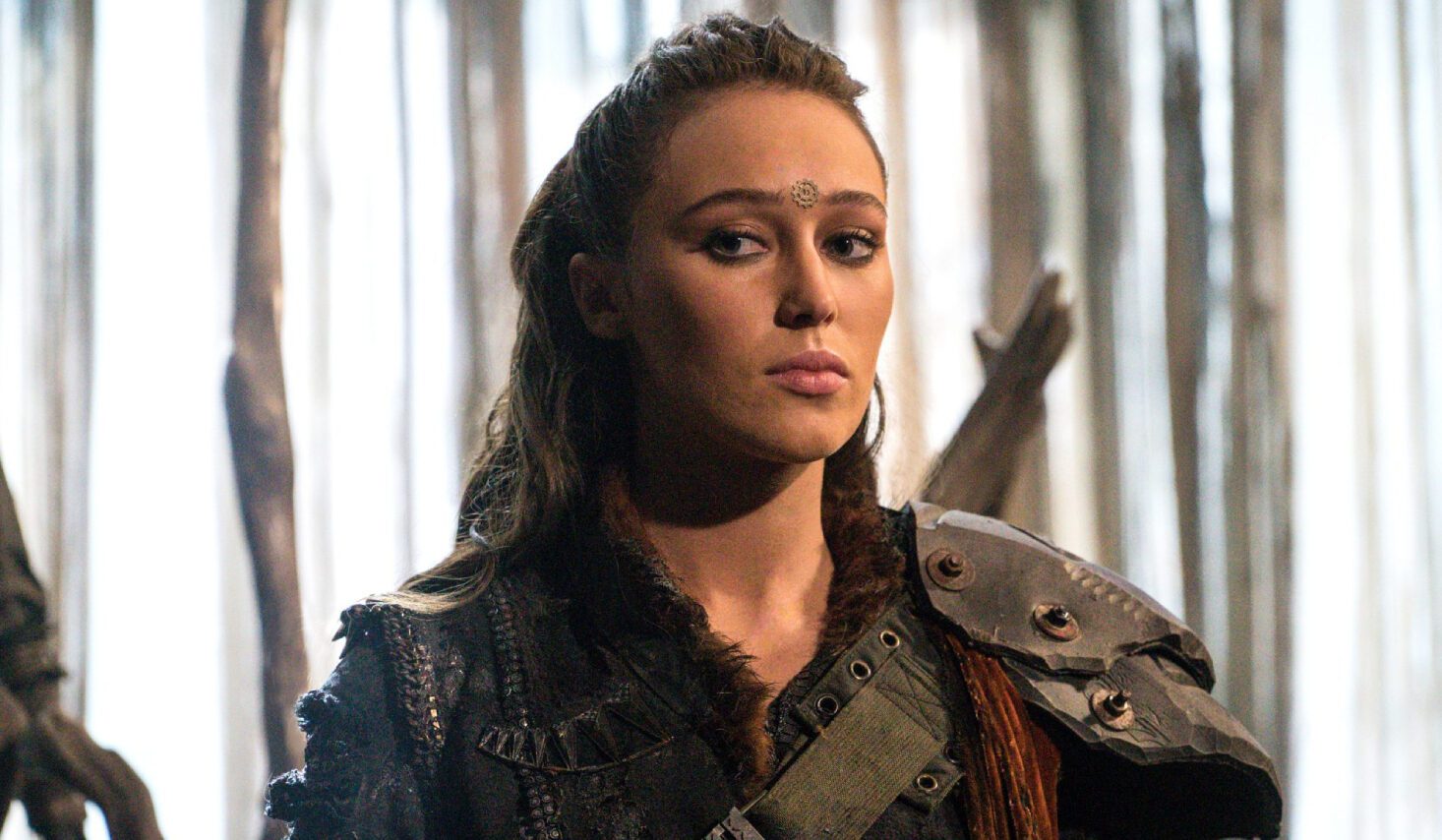
Lexa (The 100)
The ‘Bury Your Gays’ trope was alive and well in the fourth season of The 100. The post-apocalyptic sci-fi drama from The CW boasted one of the most championed romances on air with lead character Clarke Griffin (Eliza Taylor) and Lexa (Alycia Debnam-Carey), until the latter’s unnecessary death at the hands of Titus. Lexa was one of the strongest warriors in the series, as well as one of the characters with one of the most developed arcs, so her murder was met with various social media-led campaigns such as “Lexa Deserved Better” and “LGBT Fans Deserve Better”, as well as death threats aimed at showrunners. Queer viewers, particularly queer females, accused the series of killing Lexa off because she was a lesbian, claiming it reinforced the idea that lesbian couples on television and film can’t have a happy ending because, ultimately, one of them will die. Discourse over Lexa’s death led to several screenwriters and producers singing the Lexa Pledge, which urges creators to be more considerate with their LGBTQ+ characters.
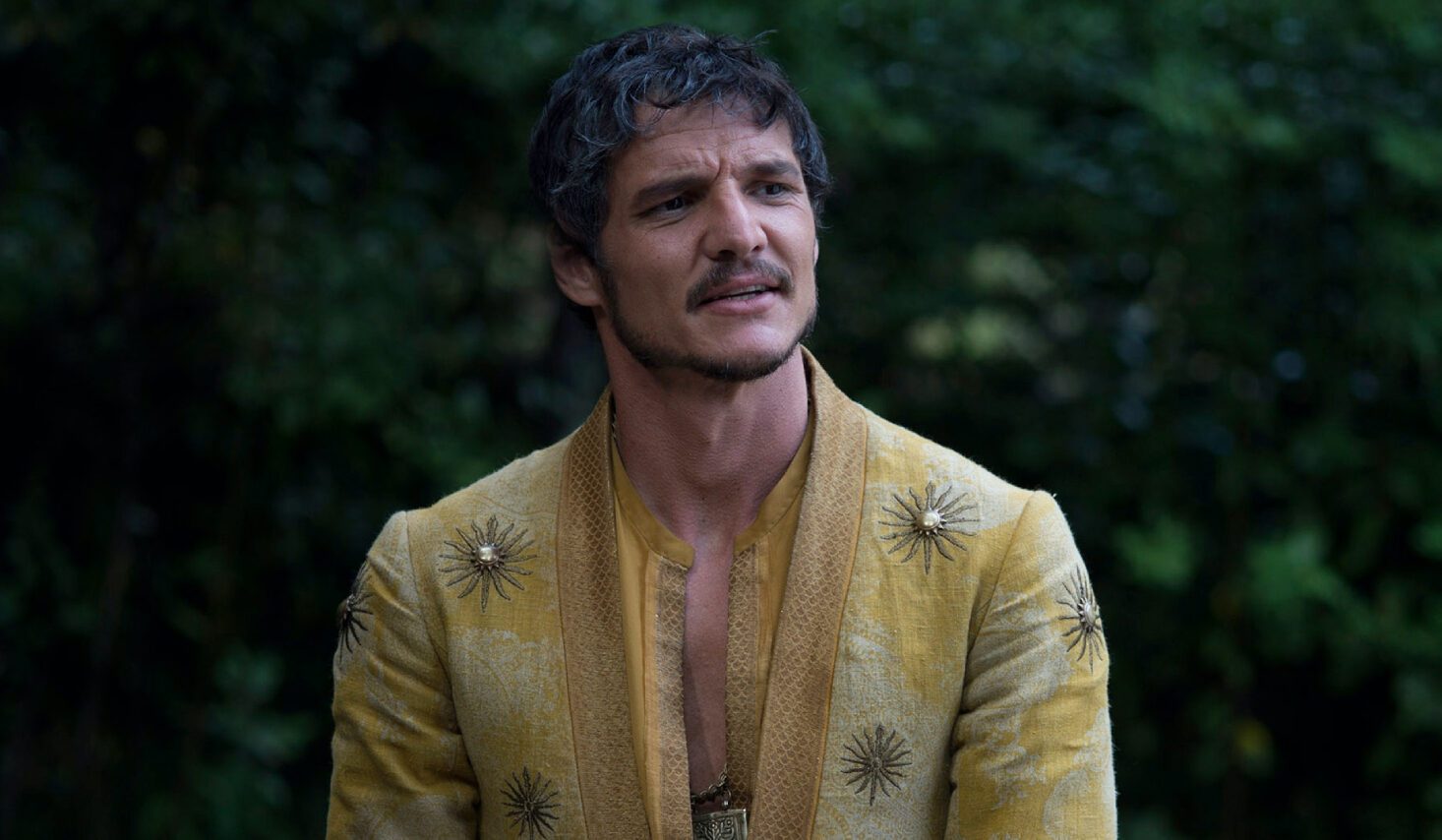
Oberyn Martell (Game of Thrones)
Played by The Mandalorian’s Pedro Pascal, Oberyn Martell made his debut in the fourth season of Game of Thrones to take revenge against the Lannisters for their part in the deaths of his sister, nephew and niece. He later demands a trial by combat in defence of Tyrion, where he faces his sister’s rapist and murderer Gregor Clegane. Although he gains the upper hand throughout the fight, Oberyn refuses to kill Gregor and demands he admit to his crimes, and that the order came from Tywin Lannister. Distracted, Gregor seizes his opportunity and proceeds to knock out Oberyn’s teeth and gouges out his eyes, whilst admitting to the rape and murder of his sister. Yes, we know Oberyn’s death wasn’t in vain, because he managed to poison Gregor with his spear – rending him zombie-like – but did our favourite bisexual prince have to meet his end in such a gruesome way?
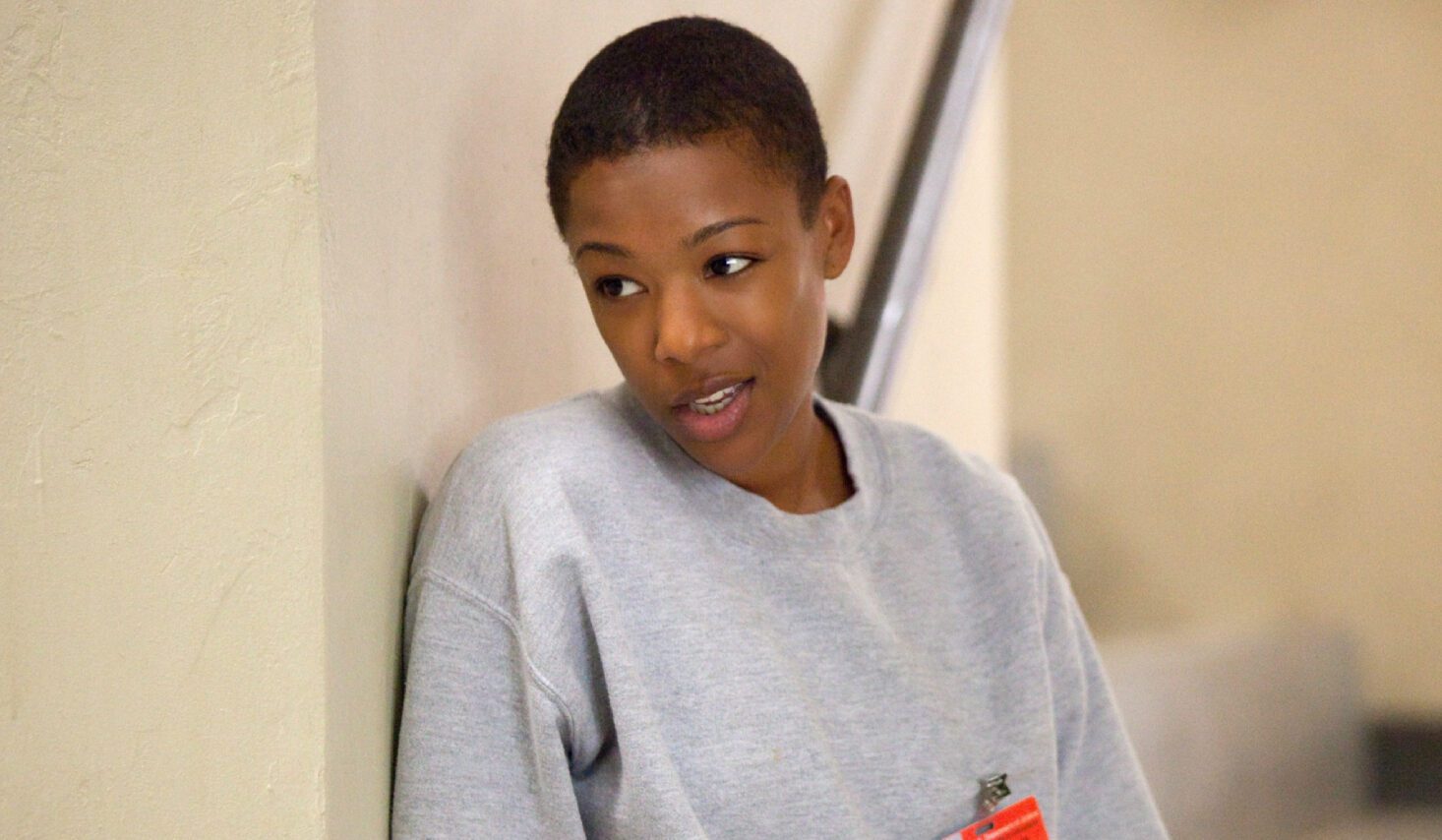
Poussey Washington (Orange is the New Black)
Was there any character on Orange is the New Black as beloved as Poussey Washington? Throughout the first four seasons of the long-running Netflix series, the character garnered a devout following thanks to her warm and vibrant demeanour and Samira Wiley’s acclaimed performance. So, when Poussey was suffocated and killed by a correctional officer in season four, viewers reacted with outrage and grief. While her death was one of the most devastating television moments in recent history, cast and crew expressed how it was necessary in representing racial tensions within the prison system and how the Black community are frequently losing their lives at the hands of law enforcement. Jenji Kohan, series creator, defended her decision to kill off Poussey in an interview with The Hollywood Reporter, saying: “I hated losing Samira, but her death would have the greatest impact. And she was fantastic about it. She said, ‘I get it, I understand.’ A lot of the other actors got very nervous and were outraged, like, ‘How could you do this to her?’ And it’s like, ‘I’m not doing it to her. This is the journey that this character has taken. This is where the show is going.'”
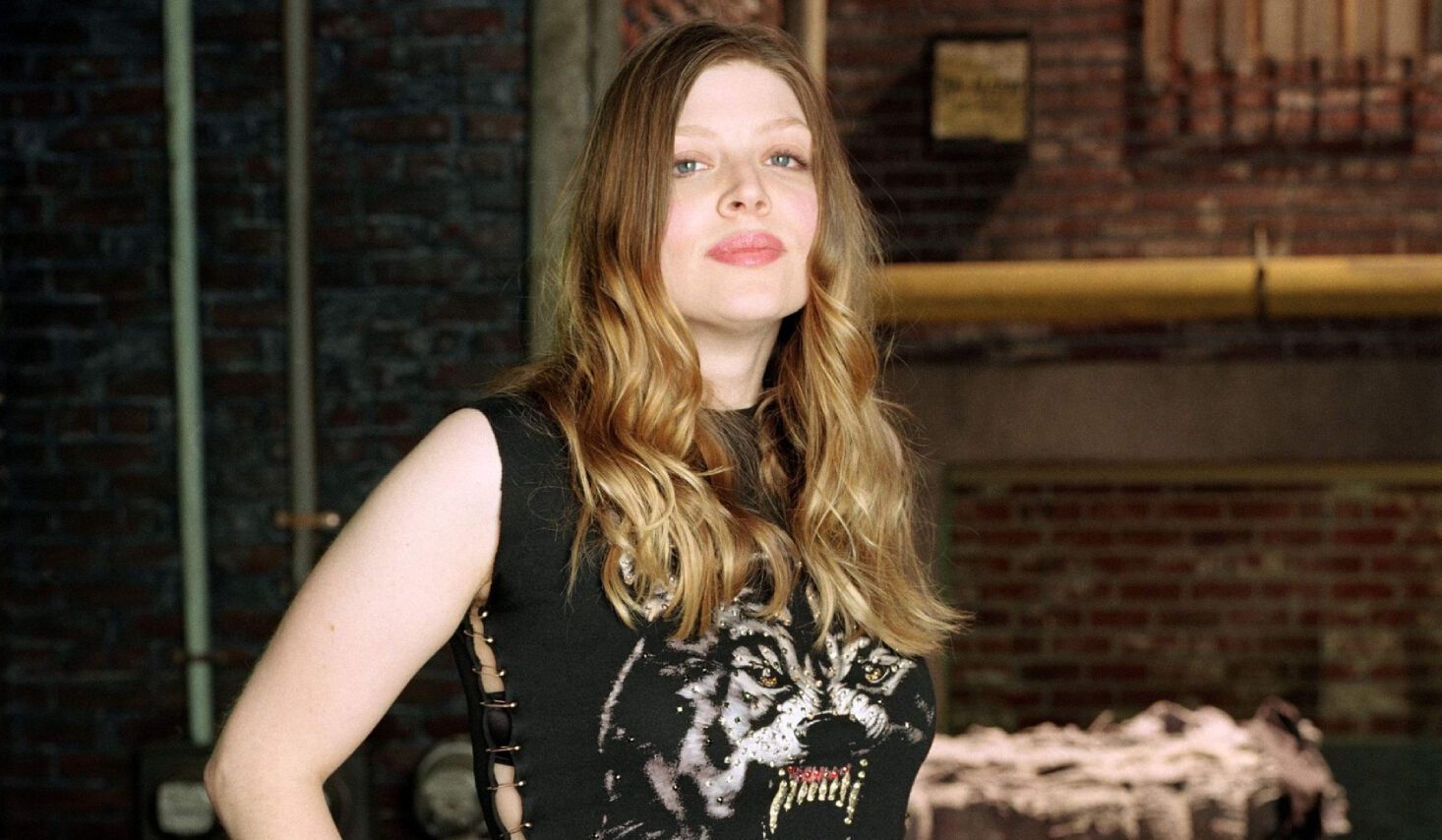
Tara Mcclay (Buffy the Vampire Slayer)
Oh Tara. For three seasons of Joss Whedon’s Sarah Michelle Gellar’s acclaimed fantasy drama, the fan-favourite witch (Amber Benson) played an integral part in the Scooby Gang thanks to her romance with Willow Rosenberg (Alyson Hannigan), with the couple making history as television’s first long-term lesbian romance. She also assisted Buffy in thwarting major threats, such as Adam, the Initiative and – although she literally sucked her goddamn brain out – Glory. Following a brief break-up in season six (due to Willow’s addiction to magic), Tara and Willow reconcile and make love at the Summers household. Devastatingly, their romance is short-lived as Tara is subsequently shot and killed from a stray bullet by Warren Mears, resulting in Willow’s relapse with dark magic. Because Tara’s death arrived shortly after she and Willow were seen in bed together naked, viewers accused creator J*ss W*edon of implying that lesbian sex should be punishable by death. Whatever the case, Tara deserved better. It was also insulting that Willow moved on from her death so quickly with KENNEDY of all people?
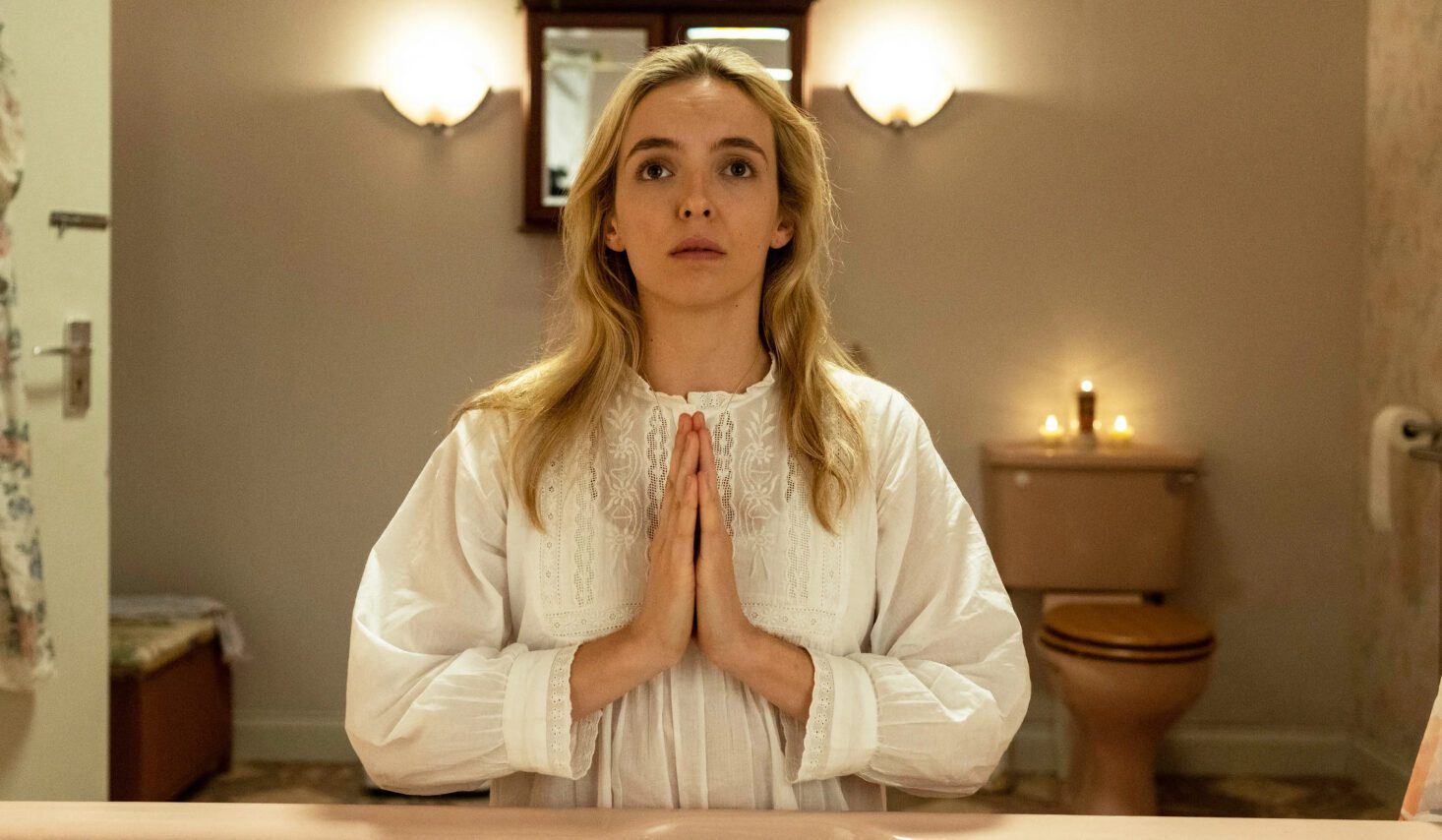
Villanelle (Killing Eve)
As the most recent entry on this list, this one really hurts. Although Killing Eve’s final season suggested that it would honour queerness, Jodie Comer’s iconic character Villanelle was met with a grisly end when, after wiping out The Twelve, she was assassinated in the Thames; saving the title character (Sandra Oh) in the process. As is the case with many entries on this list, the finale was denounced by both fans and critics for conforming to the ‘Bury Your Gays’ trope and for betraying its queer audience, who had been waiting four seasons to witness the deranged assassin and Eve embrace their romantic feelings for one another. Much like the books, the on-screen lovers could have retired with a peaceful ending. It wasn’t needed and, to add insult to injury, it wasn’t well done.

